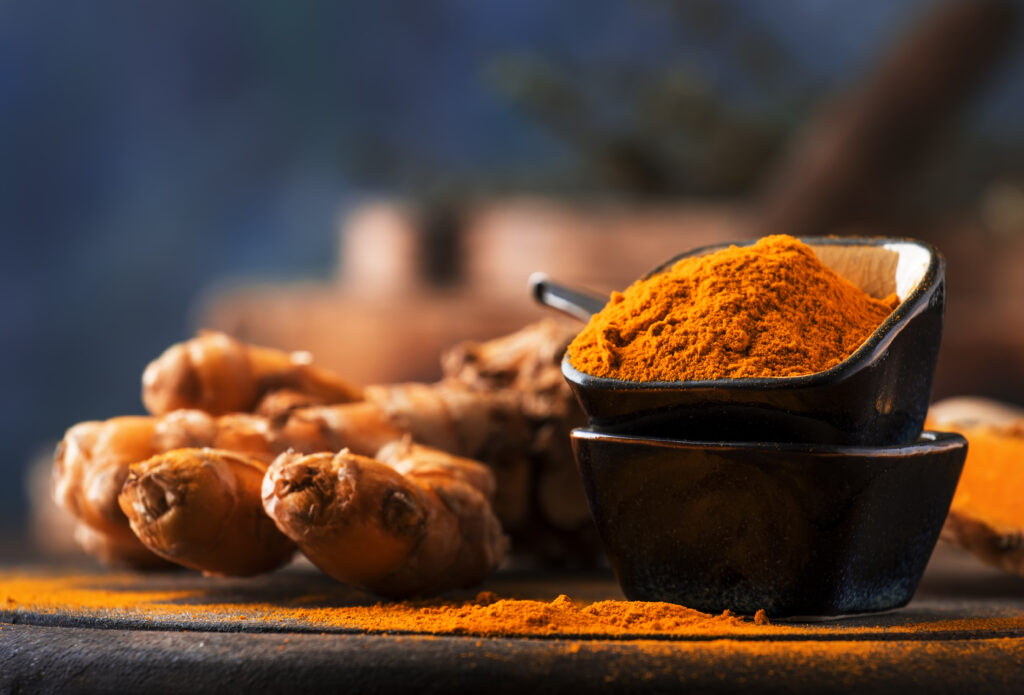Black Cumin Seed Extract & Its Benefits
Black cumin seed extract has a rich history of use in traditional medicines across Arabian, Indian, and Mediterranean societies. Its seeds and oil have been valued for centuries, not only as a culinary spice but also for their potential healing properties. Today, the focus has shifted to understanding Black Cumin Seeds Extract benefits, especially in supporting immunity, digestion, and reducing inflammation. In ancient societies, it was believed that black cumin seed extract had benefits to promote respiratory, digestive, circulatory, and immune health. They were so hallowed that an oil painting of black cumin seeds was discovered in the grave of the Egyptian Pharaoh Tutankhamun. Islamic tradition sees black cumin seeds as the “blessed seed” for their literal use in supporting health and heartiness. Nigella Sativa: A Powerful Plant Nigella sativa, generally known as black cumin, belongs to the Ranunculaceae family. The Latin name “Nigella” refers to the seed’s black color, while “sativa” means cultivated. Originating from the Mediterranean and Asian regions, black cumin has been cultivated for over 3,000 years for its health benefits. It’s deeply embedded in Ayurveda, where it’s called “Upakunchika” and is used to treat various ailments, particularly those affecting women’s health and digestion. The seeds are known for their thermogenic and hot energy, which helps balance vata and kapha doshas in Ayurveda, making them useful for promoting reproductive health, soothing digestive discomfort, and calming the mind. Black Cumin Seed’s Key Components Black cumin seeds contain several bioactive composites, including thymoquinone, dithymoquinone, thymol, and thymohydroquinone. Thymoquinone, in particular, has been the subject of multitudinous studies for its antioxidant properties. Some exploration has suggested that thymoquinone may also support healthy blood pressure and healthy blood sugar situations that are formerly within the normal range, and support neurological and digestive health. Scientific Studies on Nigella Sativa Primary studies on Nigella sativa, particularly its crucial element thymoquinone, have explored its implicit health benefits. Exploration indicates that thymoquinone may support normal seditious responses by targeting crucial enzymes similar to 5- lipoxygenase (5- LOX) and cyclooxygenase (COX) (Hannan et al., 2021). A fresh study has revealed its part in promoting healthy vulnerable function (Asaduzzaman Khan et al., 2017) and guarding against oxidative stress. Recent studies suggest that Nigella sativa supports sleep and stress health by appreciably impacting the sleep-wake cycle. It increases melatonin production and release, which suppresses orexin neurons (a neuropeptide) and reduces cortisol levels, thereby modulating the hypothalamic-pituitary-adrenal (HPA) axis. This medium helps explain its salutary goods on perfecting sleep quality and reducing stress. Applications of Black Cumin Seed Extract Black cumin seed extract manufacturers have studied it thoroughly. Black cumin uses may be useful in certain aspects of life, like providing adequate rest and aiding the body in a few of its functions. Here is a list of black cumin extract benefits through its application:- Conclusion Black cumin seed extract, especially its bioactive emulsion thymoquinone, offers a scientifically backed, factory-grounded result for a wide range of health issues, from sleep and stress operation to vulnerable liver health. With centuries of traditional use now supported by ultramodern exploration, Nigella sativa could be a precious tool for promoting holistic health and heartiness.














